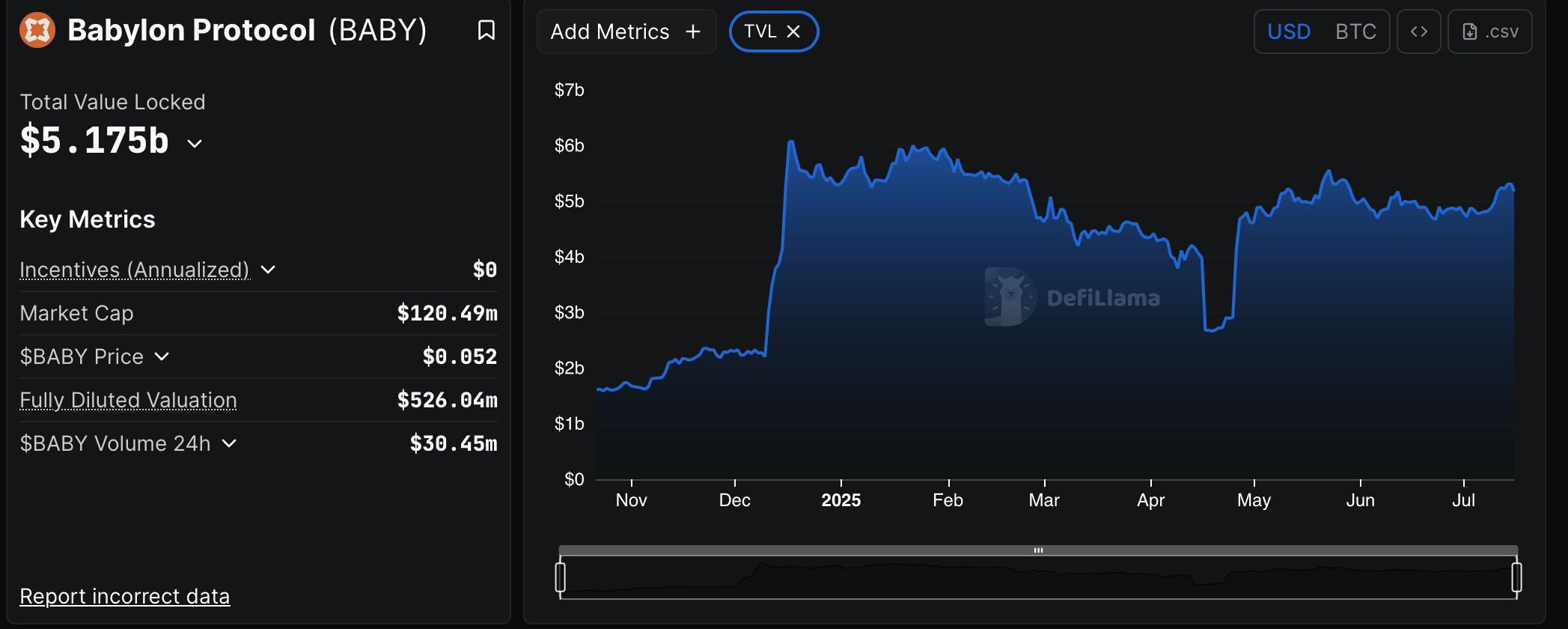
Bitlayer‘s Mainnet Launch: Bridging Bitcoin to a Multichain Future
The burgeoning world of Bitcoin DeFi just got a significant boost. Bitlayer, a decentralized finance (DeFi) infrastructure startup with the backing of Franklin Templeton, has officially launched its smart contract bridge, dubbed BitVM, on mainnet. This move is a clear signal of the growing interest in bringing Bitcoin into the broader DeFi ecosystem, making it more interoperable and accessible across various blockchain networks.
The Core of BitVM: Trust-Minimized Bridging
At the heart of Bitlayer‘s offering is BitVM, a “trust-minimized bridging solution” tailored for Bitcoin holders. The bridge facilitates a process where users deposit their Bitcoin (BTC) into a smart contract. This BTC is then held in escrow and, in return, users receive Peg-BTC (YBTC), a tokenized representation of Bitcoin designed to interact seamlessly with smart contract platforms. This tokenization is crucial, as it allows for programmability and cross-chain compatibility – essential features for unlocking the full potential of DeFi.
Expanding Bitcoin‘s Reach: Partnerships and Ecosystem Integration
Bitlayer isn’t just building a bridge; they are building an ecosystem. The company has already forged partnerships to integrate BitVM with several prominent networks, including Sui, Base, and Arbitrum. This strategic approach underscores the vision of making native BTC liquidity readily available on networks that support smart contracts. The goal is to expand the utility of Bitcoin without requiring any alterations to Bitcoin‘s underlying base layer.
Addressing the Security Question: A Trust-Minimized Approach
Security is paramount in the world of cross-chain bridges, a fact underscored by past exploits. Bitlayer recognizes this and has focused on building a bridge that mitigates risks. While many bridges utilize multi-signature trust models, BitVM employs a single signer. This approach is designed to enhance security and minimize the potential for vulnerabilities. This focus on security is crucial for attracting institutional and retail investors alike.
Competition in the Bitcoin DeFi Arena
Bitlayer is entering a competitive landscape within the Bitcoin DeFi arena. Notable competitors include BabylonChain, a proof-of-stake protocol allowing Bitcoin staking, Stacks, rewarding Bitcoin miners, and BounceBit, a restaking protocol for delegating wrapped BTC to node operators. As of this week, Bitlayer reports a Total Value Locked (TVL) of $384 million on its protocol, generating $1.7 million in fees in June. These figures indicate a robust and growing demand for Bitcoin-based DeFi solutions.

The Bigger Picture: Taproot, Inscriptions, and the Future
The rise of Bitcoin DeFi has been accelerated by two significant developments: the Taproot upgrade and the advent of Inscriptions. Taproot, implemented in late 2021, enhanced Bitcoin‘s scripting capabilities, paving the way for more sophisticated applications. Inscriptions, through the Ordinals protocol, enabled users to embed data directly on the blockchain, unlocking new use cases. With approximately 30 DeFi projects currently building within the Bitcoin ecosystem, the future looks bright. As Bitcoin continues to evolve and integrate with other blockchains, initiatives like Bitlayer‘s are paving the way for a more connected and dynamic financial landscape.


